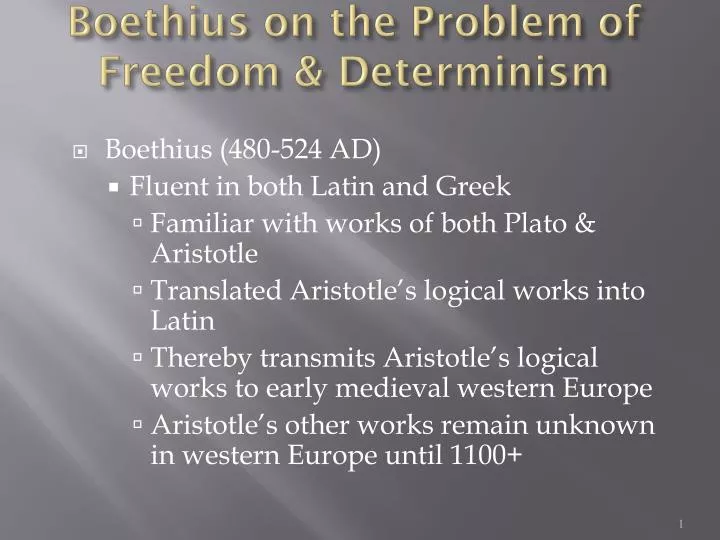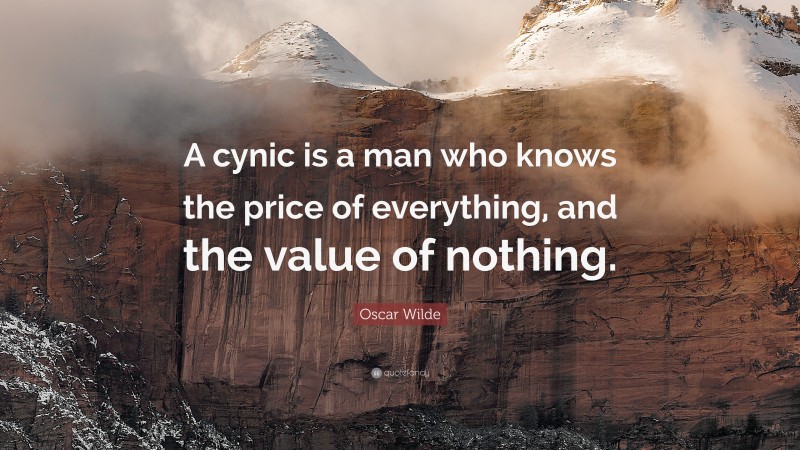We find similar ideas of a transcendent ego in both Kant and the Upanishads. We find a rejection of free will in Schopenhauer and Ramana Maharshi. What should we make of this overlap between Western and Indian philosophy? Chakravarthi Ram-Prasad argues both became gripped by the same question. Ricky Williamson: What do you think are the key differences and similarities between Western and Indian philosophy?Chakravarthi Ram-Prasad: I don’t think that there is actually a global answer to the question of differences between what are, broadly speaking, historically constructed traditions. While we might intuitively think we recognise what Western philosophy is or what Indian philosophy is, in practice it’s more complicated.A particularly potent example of the difficulty is the question of whether Arabic philosophy counts as Western philosophy. We know that the whole Aristotelian tradition was lost to the Latin-writin…
Read the full article which is published on IAI TV (external link)









